Best brand of tankless water heater?
hdclown
15 years ago
Related Stories

GREAT HOME PROJECTSHow to Switch to a Tankless Water Heater
New project for a new year: Swap your conventional heater for an energy-saving model — and don’t be fooled by misinformation
Full Story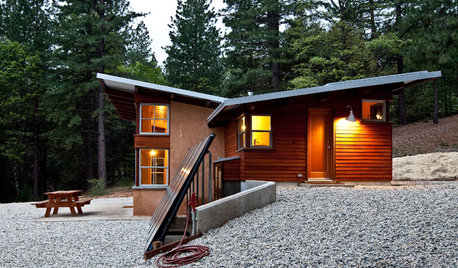
GREAT HOME PROJECTSHow to Add a Solar Water Heater
Lower energy bills without a major renovation by putting the sun to work heating your home’s water
Full Story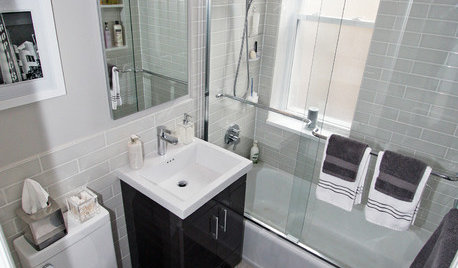
BATHROOM DESIGNWater Damage Spawns a Space-Saving Bathroom Remodel
A game of inches saved this small New York City bathroom from becoming too cramped and limited
Full Story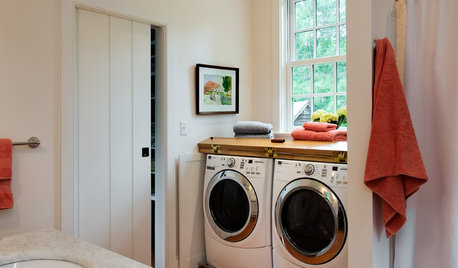
GREEN BUILDINGWater Sense for Big Savings
Keep dollars in your pocket and preserve a precious resource with these easy DIY strategies
Full Story
SAVING WATER11 Ways to Save Water at Home
Whether you live in a drought-stricken area or just want to help preserve a precious resource, here are things you can do to use less water
Full Story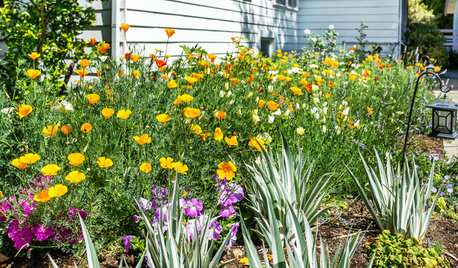
LANDSCAPE DESIGN10 Ideas for a Creative, Water-Conscious Yard
Check out these tips for a great-looking outdoor area that needs less water
Full Story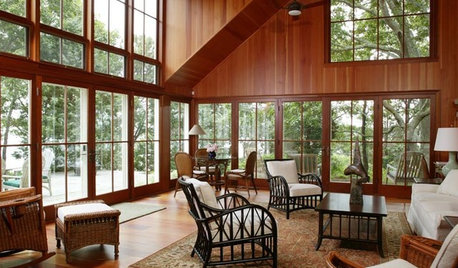
ARCHITECTUREWant to Live by the Water? What You Need to Know
Waterside homes can have amazing charm, but you'll have to weather design restrictions, codes and surveys
Full Story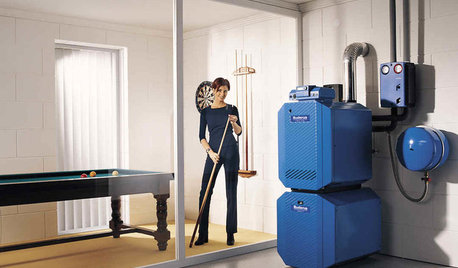
HOUSEKEEPING5 Steps to Improve Your Heating System Now
Increase your heater's efficiency and safety for lower energy bills and greater peace of mind this winter
Full Story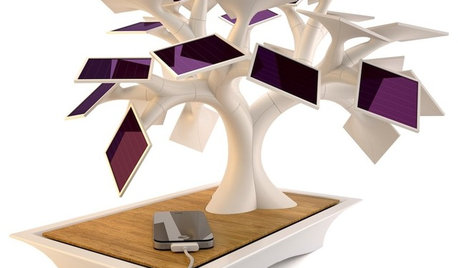
DECORATING GUIDESGadget Watch: What's New for the High-Tech Home
A heater fan, robotic vacuum, solar-powered iPhone charger and other hot home gadgets
Full Story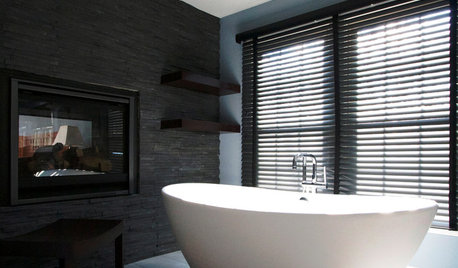
BATHROOM DESIGNDreaming of a Spa Tub at Home? Read This Pro Advice First
Before you float away on visions of jets and bubbles and the steamiest water around, consider these very real spa tub issues
Full StoryMore Discussions






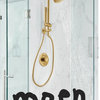
zl700
Tom Pultz
Related Professionals
Franklin Plumbers · Wolf Trap Handyman · Wood River Kitchen & Bathroom Remodelers · 20781 Kitchen & Bathroom Remodelers · Apex Kitchen & Bathroom Remodelers · Channahon Kitchen & Bathroom Remodelers · Emeryville Kitchen & Bathroom Remodelers · Honolulu Kitchen & Bathroom Remodelers · Newberg Kitchen & Bathroom Remodelers · North Arlington Kitchen & Bathroom Remodelers · Patterson Kitchen & Bathroom Remodelers · Santa Fe Kitchen & Bathroom Remodelers · Toms River Kitchen & Bathroom Remodelers · Vancouver Kitchen & Bathroom Remodelers · Travilah Kitchen & Bath FixturesTom Pultz
hdclownOriginal Author
hdclownOriginal Author
serviceplumberman
Tom Pultz
jake2007
whipsnade
jake2007
Tom Pultz
darwing1948
jackfre
davidrt28 (zone 7)
davidrt28 (zone 7)
jackfre
tedred